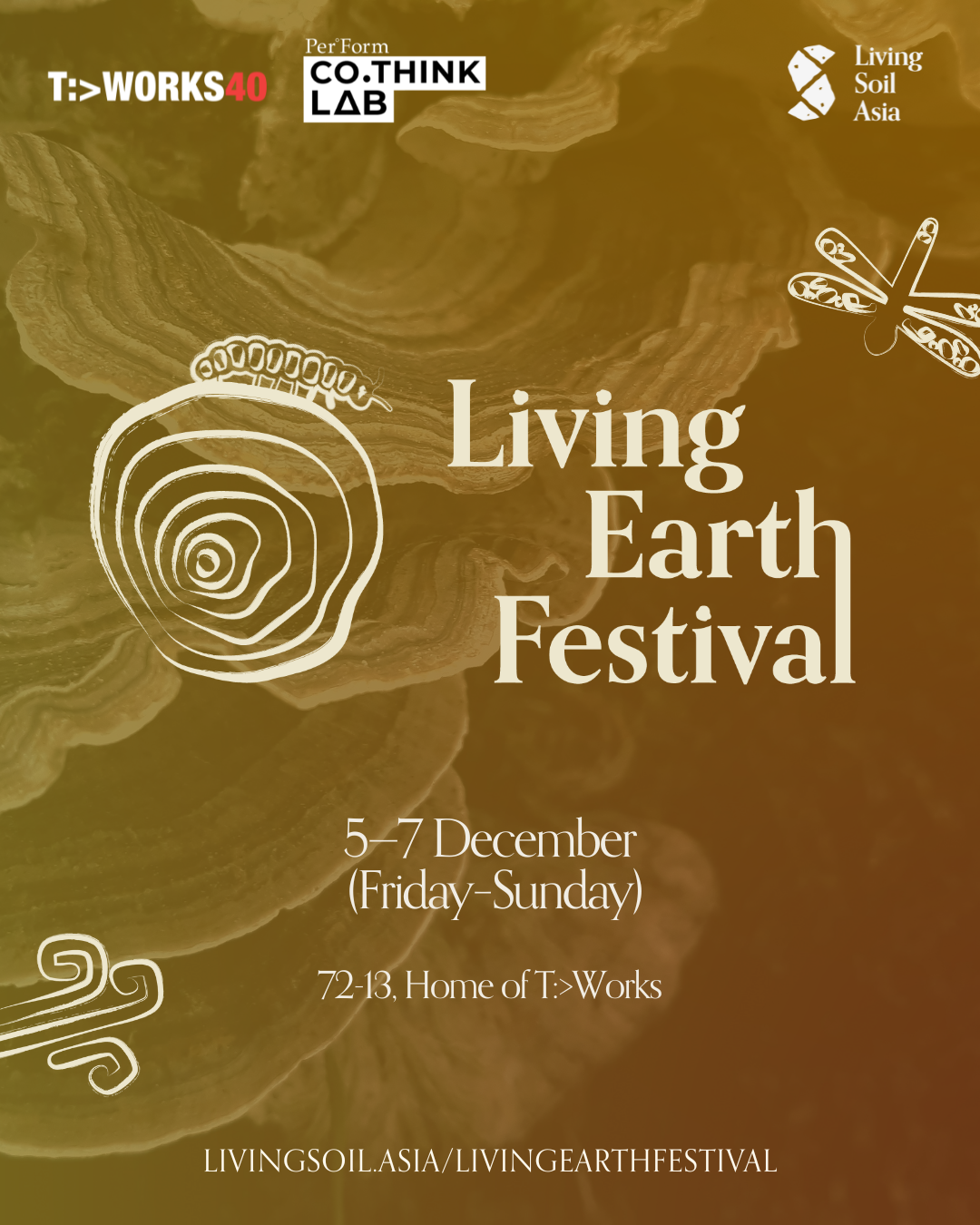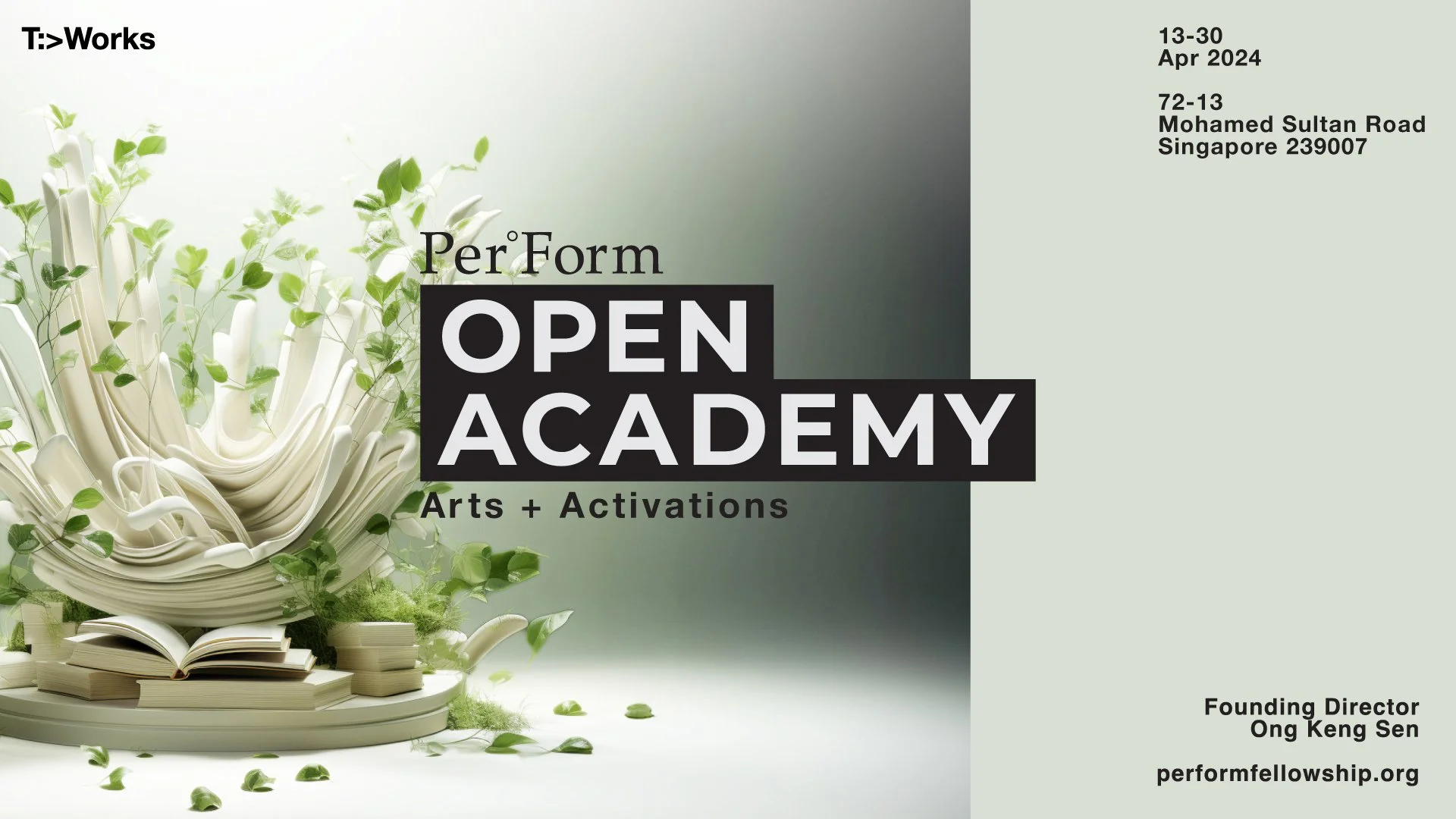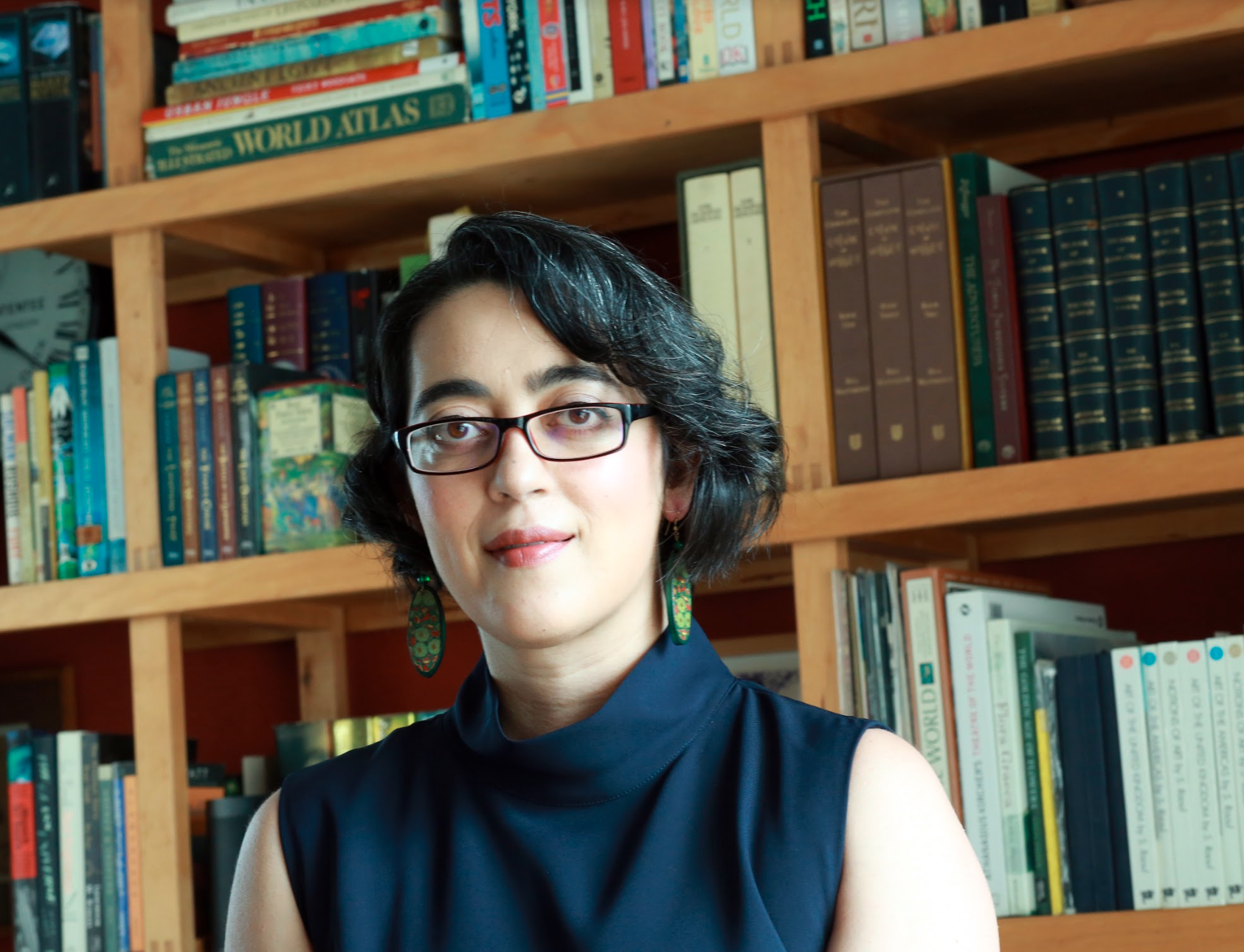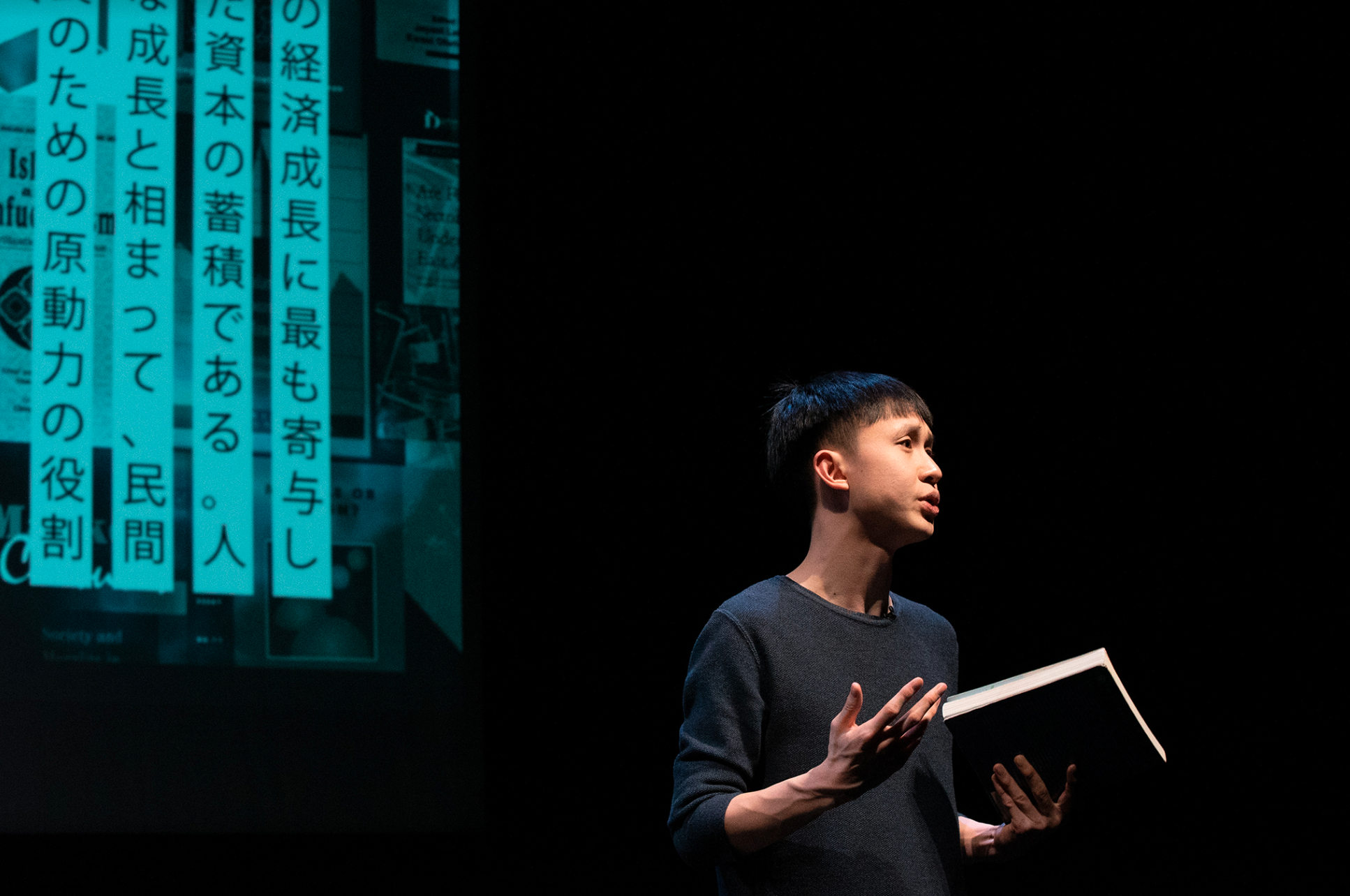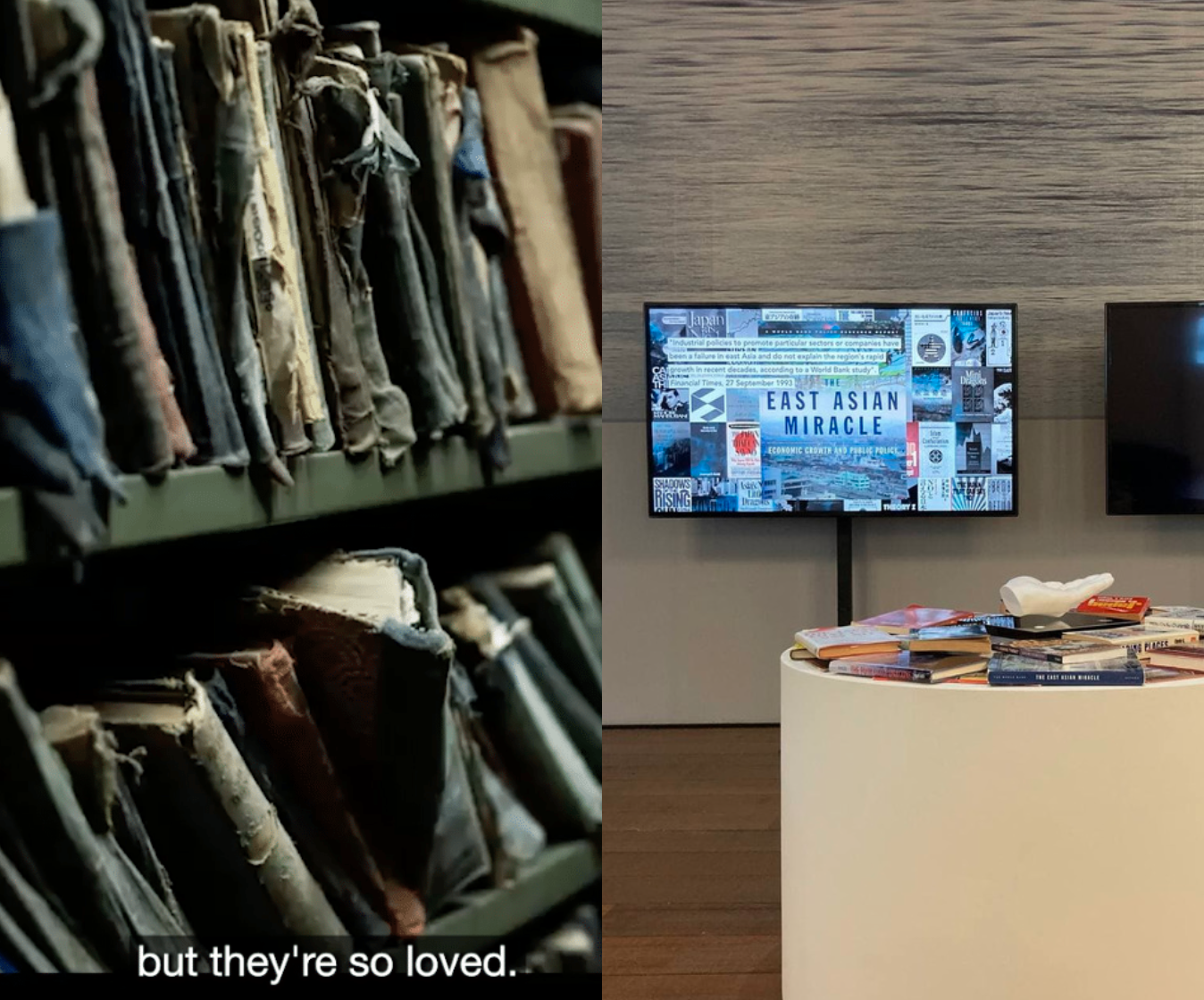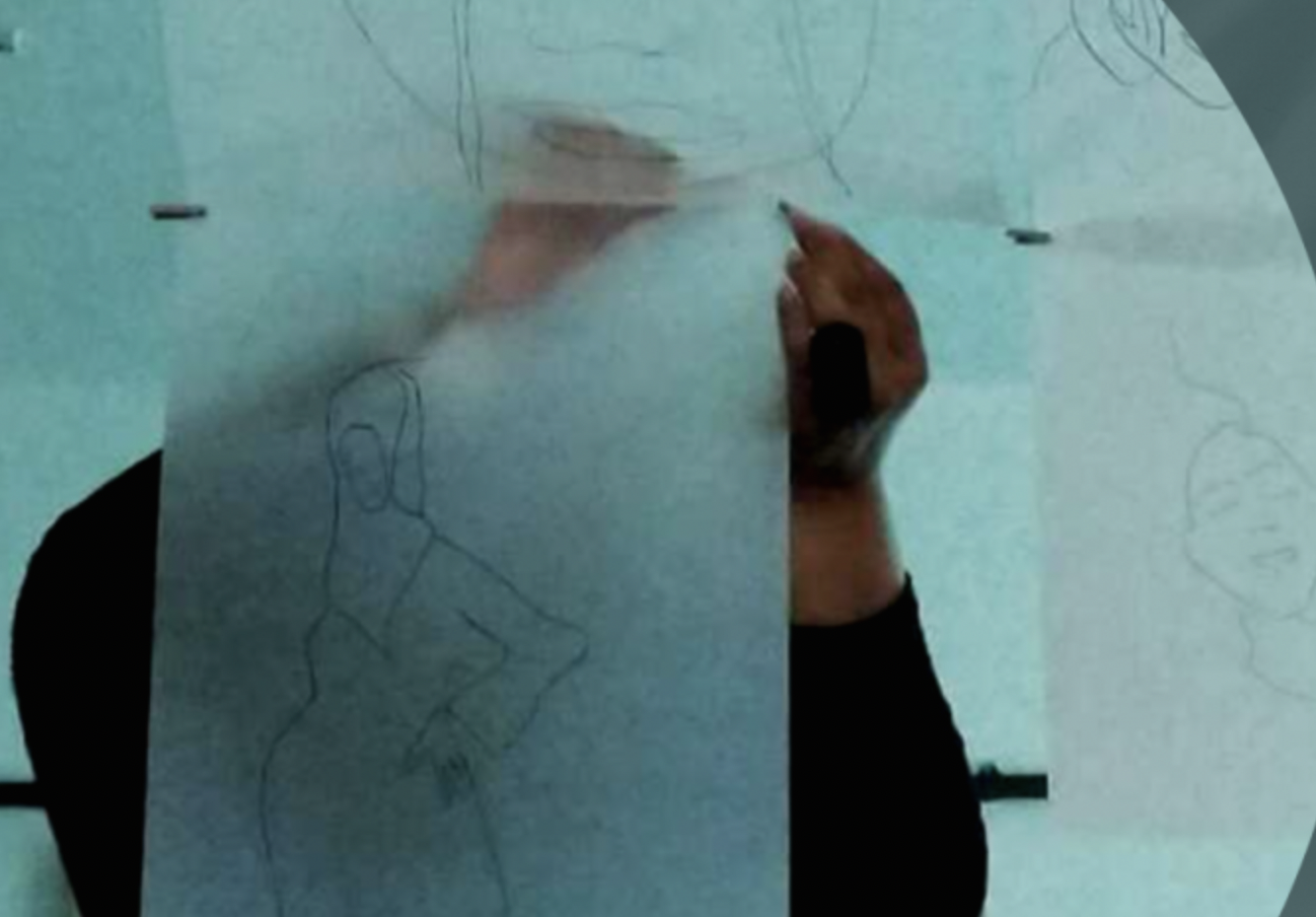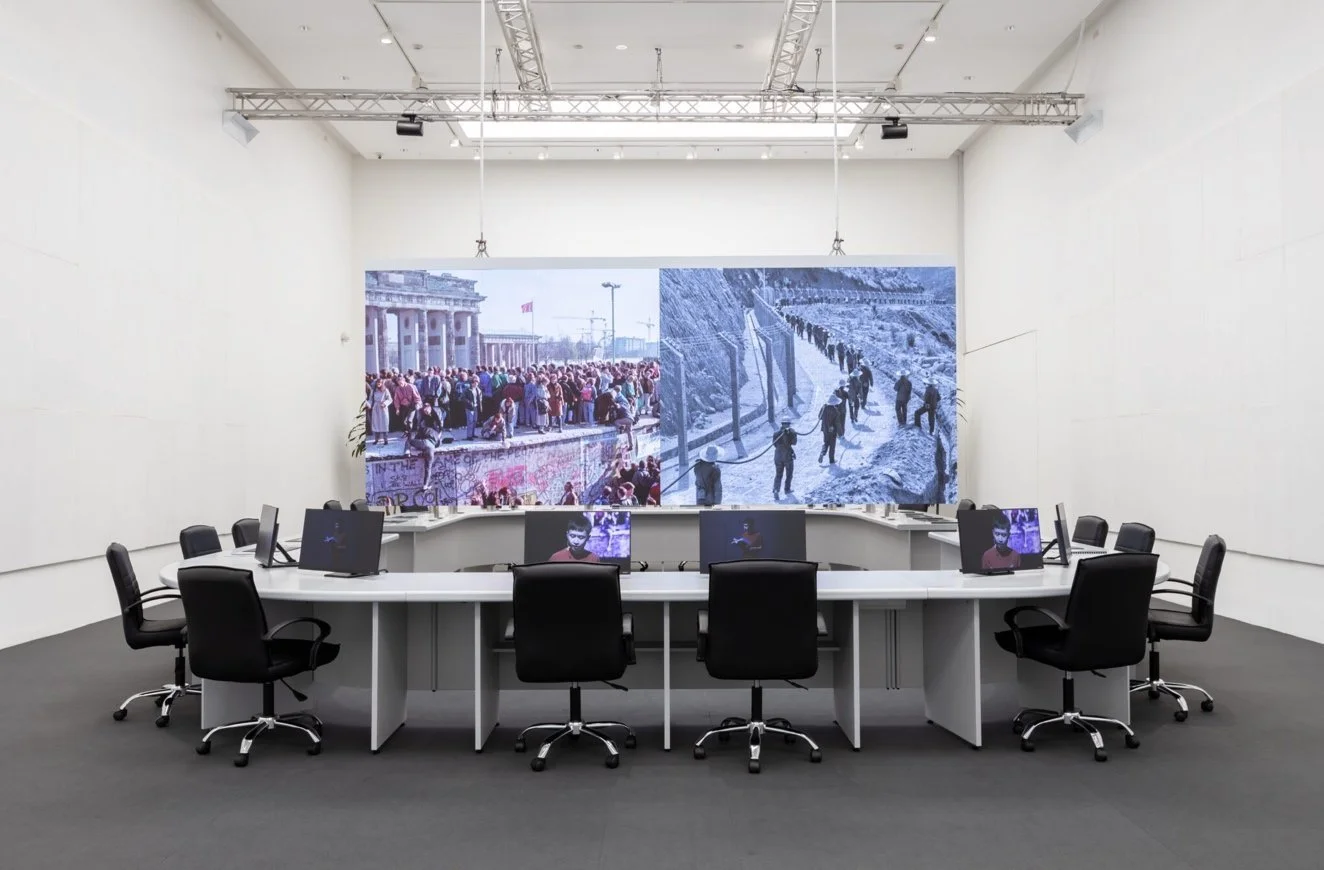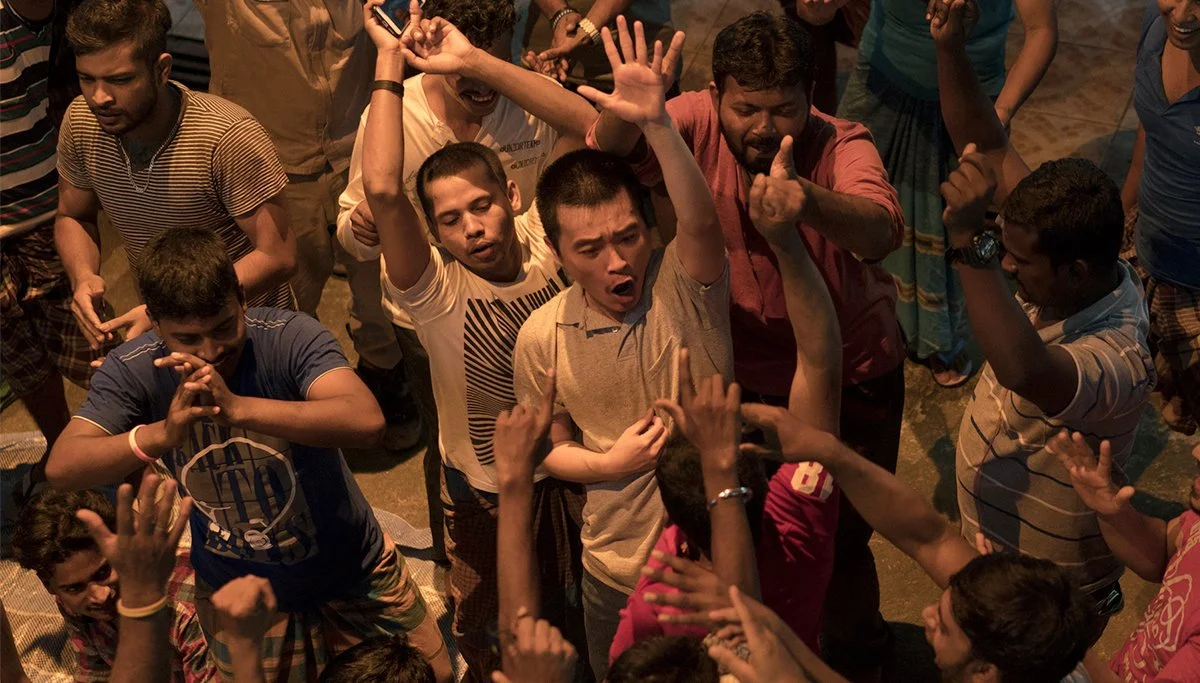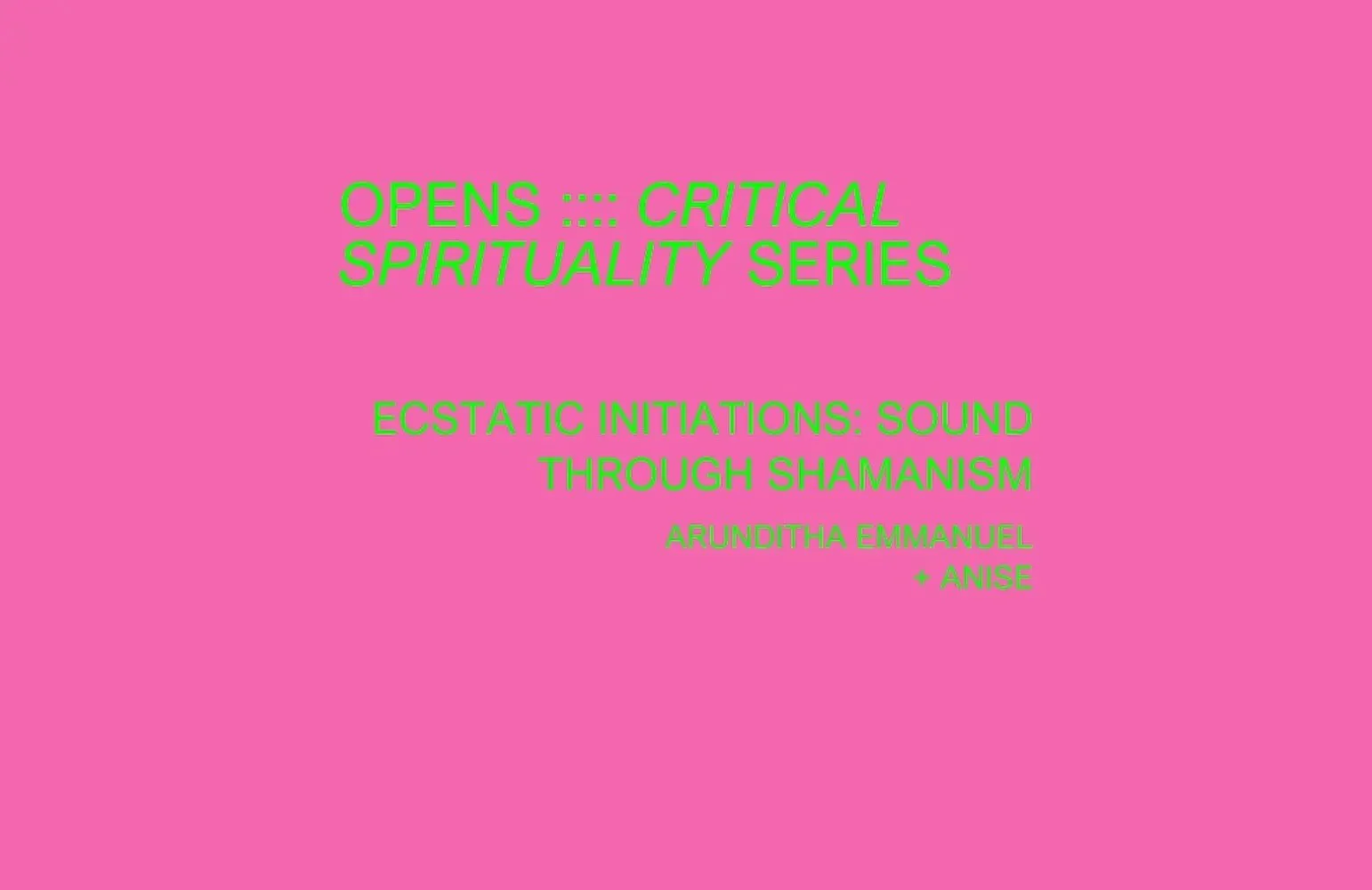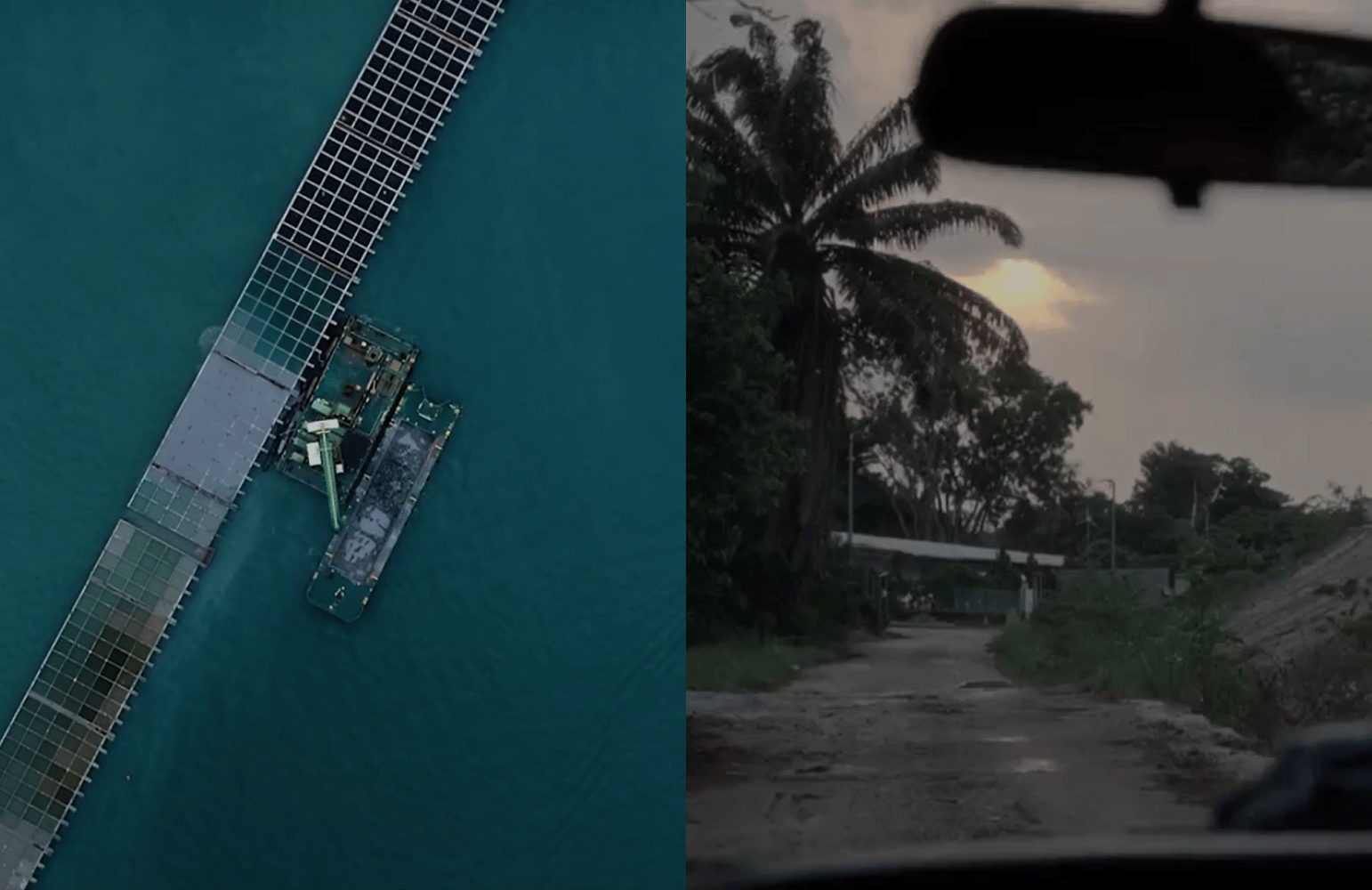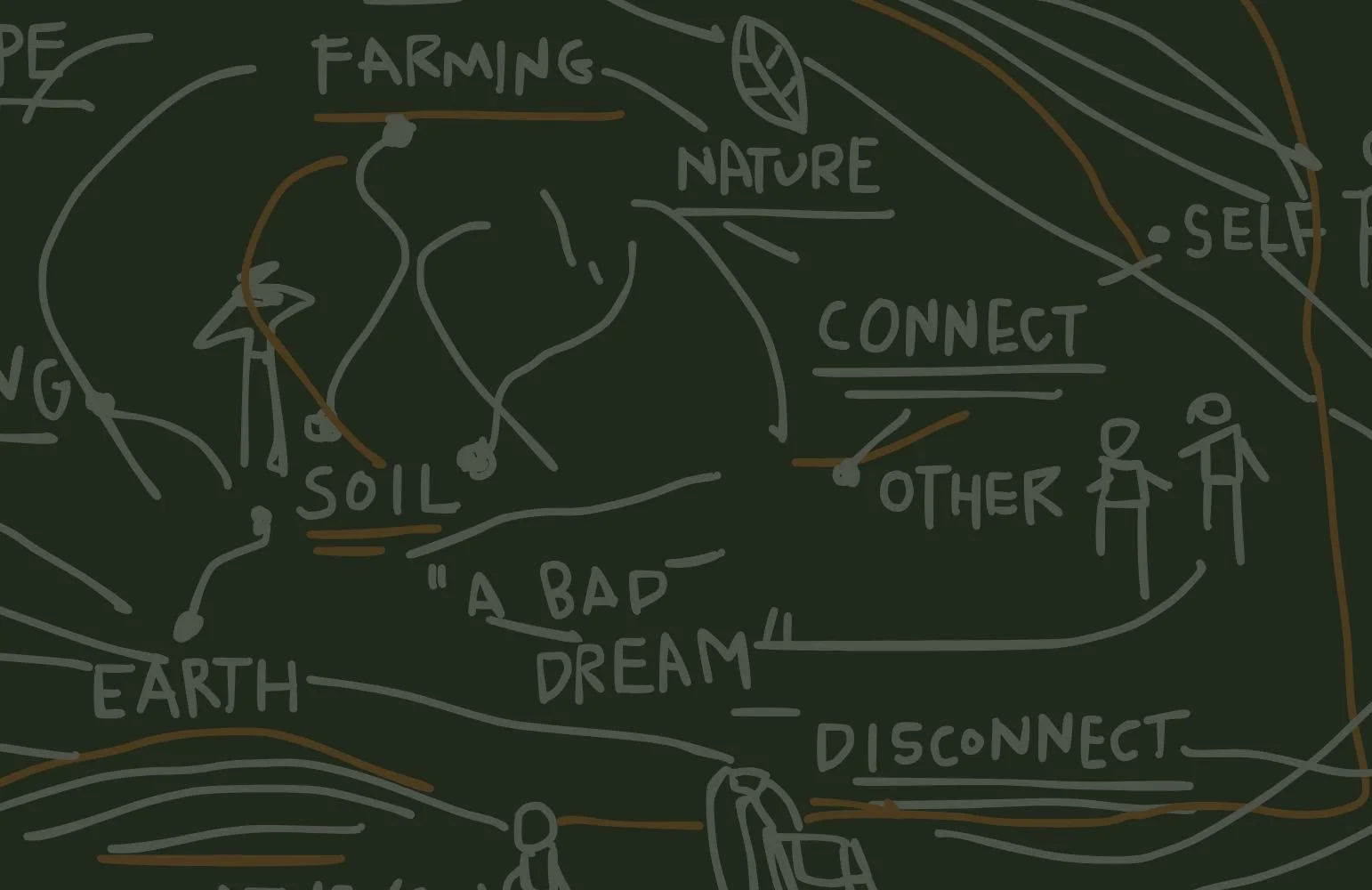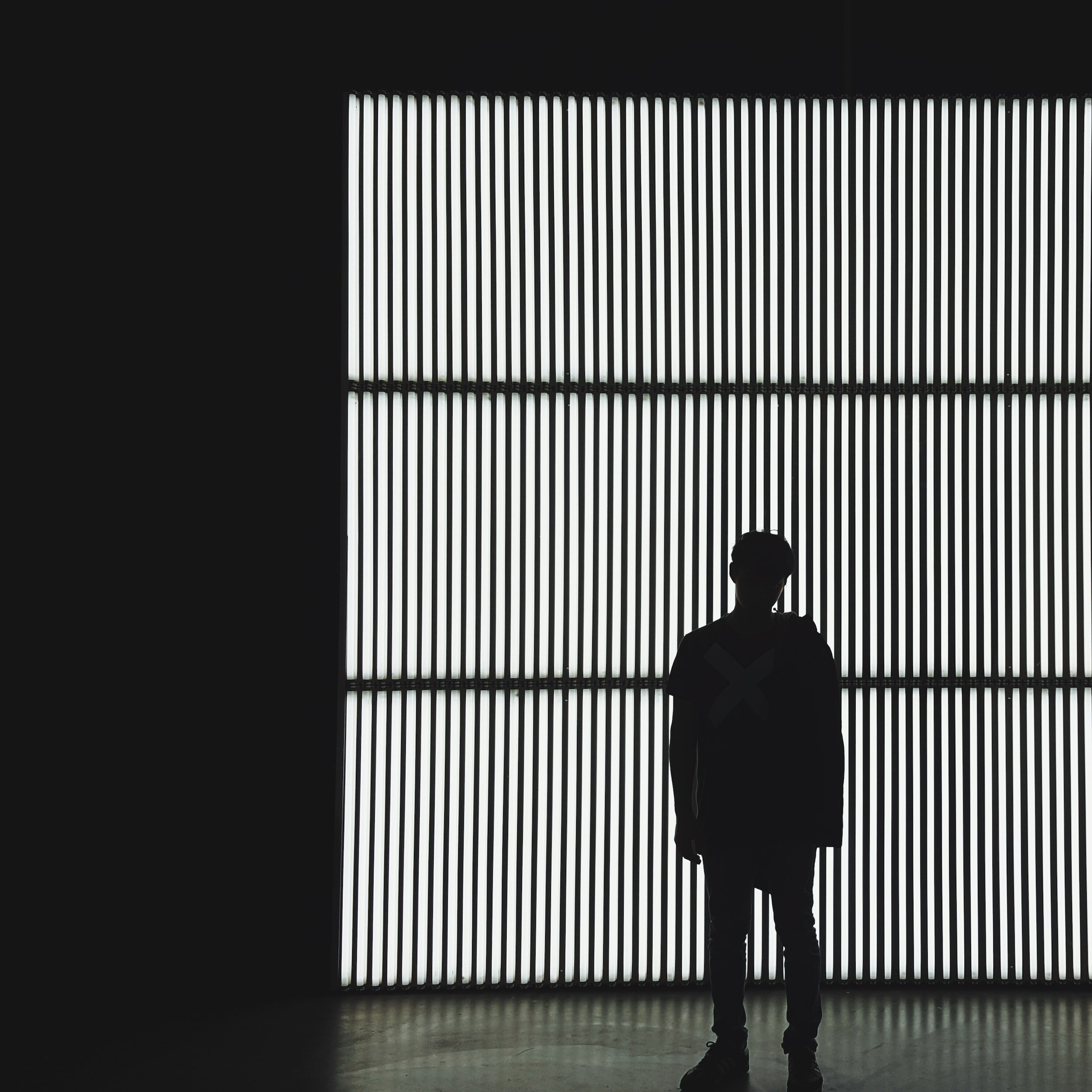
PER°FORM FELLOWSHIP
Knowledge Production, Contextualised Research,
Situated Practices:
The Translocal
Decoloniality
By T:>Works
"Anibal Quijano defined coloniality of power as the structures of power, control, and hegemony in all dimensions of social life, including sexuality, authority, subjectivity, and labour. In Per°Form 2024, we invite global south strategies on Quijano's proposal for a socialisation of power or distribution of power which privileges local communities’ collective forms of authority, a shared power that rejects hierarchy, control, and subjectivation, as well as a form of democratisation from bottom up."
Dr. Ong Keng Sen, Artistic Director
Recent
CoThink Lab Archives
Open Academy Archives
ABOUT Per℉orm
Led by Artistic Director Dr. Ong Keng Sen, T:>Works continues to expand its mission of pioneering thought leadership in the arts, and providing educational perspectives through situated research and discourse.
Moving beyond the art world and collaborating with Arts Network Asia, T:>Works introduces a fellowship platform that cuts across silos, disciplines, and fields, to support contextualised research, situated practices, and translocal knowledge production as a shared resource for the future. In particular, Per°Form focuses on the arts practitioner as a thought leader engaged in care and repair, actively bridging histories, the precarious present, and world-creating.
T:>Works has named this fellowship platform, Per℉orm , which is centred around the idea of leaving nobody and nothing behind. Per℉orm harnesses the contexts of multiple ‘locals’, honouring a local which is simultaneous and interdependent on other locals, and emphasising that all localities are dependent on each other, even though they may be physically very distant. The Fellow may be based in another localised context; knowledge and research produced there will be digitally shared with publics in Singapore and internationally.
Per℉orm fellowship is open to collaborative ventures between artists, scientists, writers, curators, activators, and creative communities, amongst others.

“Per℉orm brings the audience of this fellowship programme back to the basics of acting in our personal capacities and performing our personal responsibilities to create liveable societies.”
Dr. Ong Keng Sen, Artistic Director
Open Academy
CoThink Lab
Dr. Ong Keng Sen, Artistic Director
“In this new decade and over the next three years, T:>Works seeks to develop knowledge production in hopes of sustaining futures on a planetary level, beyond cultural, geographical, ideological and national borders. To this end, T:>Works is particularly attuned to the making of potential futures that speak to the ethical interconnections between cultures, humans, species, and other forces that animate our physical world.
As humans, we produce knowledge on a daily basis. But how often do we think about the implications of our knowledge production? Knowledge can be used to connect and bridge. It has also been used to divide and conquer.
By threading ethics throughout T:>Works’ journey from the ’90s till today, T:>Works, as an independent arts organisation and a thought leader, brings with us a new way of being and acting – guided by care and, hopefully, repair – into this new decade.”
